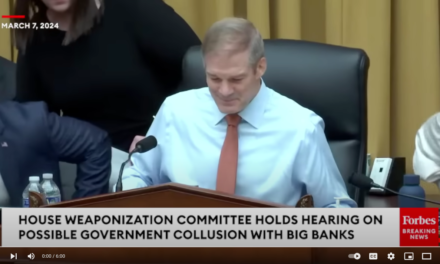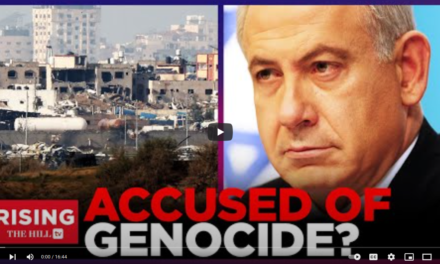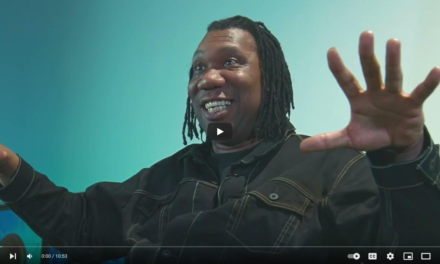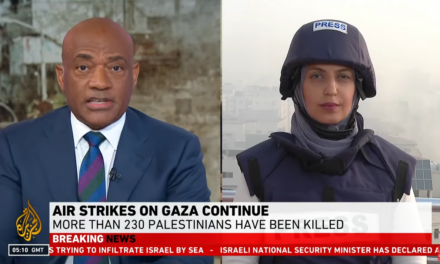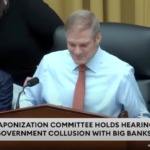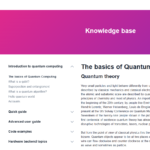WW3 HAS BEGUN: CIA/ NUCLEAR EXPERT- ANDREW BUSTAMANTE
Andrew Bustamante, a highly decorated US Air Force combat veteran, recently shared his insights on the current global geopolitical state of affairs. Drawing on his extensive military and intelligence background, Bustamante delves into the possibility of World War III, highlighting the unique form it has taken through proxy conflicts and the emerging nuclear threats.
Proxy Conflict and Nuclear Hedging:
Bustamante emphasizes the concept of proxy conflict, where large economies fund wars in third-world countries, insulating themselves from direct consequences. This, he argues, has led to a new form of World War III, driven by economic dominance rather than direct confrontations. He also touches upon nuclear hedging, a strategy nations use to deter others by maintaining secrecy about their nuclear capabilities.
Risks of Nuclear Escalation:
The video explores the evolving nature of warfare, with a focus on the development of small, portable nuclear weapons like tactical and suitcase nukes. Bustamante highlights the complexity of tracking nuclear material on the open market, raising concerns about the potential for accidents or misconceptions leading to a full-blown nuclear crisis.
Nightmare Scenarios and Ongoing Conflicts:
A nightmare scenario unfolds as the speaker discusses the potential use of a tactical hand-carried nuclear weapon in the current conflict in Ukraine. Questions about accountability, potential escalation, and NATO’s response add to the complexity of the situation. The blog also touches on the Israeli-Palestinian conflict, stressing the need for repercussions to prevent further violence.
Israel, Iran, and Ongoing Conflicts:
The narrative shifts to the ongoing conflict between Israel and Palestine, with the speaker arguing that the narrative has been distorted over time. The geopolitical landscape is examined, with a focus on the delicate decisions facing Israel in its military operations. The role of alliances and economic power, particularly the BRICS countries, is highlighted as a factor in shaping the world’s dynamics.
Potential Motivations and Global Alliances:
The speaker delves into theories about the motivations of Israel and Iran in the ongoing conflict, emphasizing the use of surgical actions over nuclear devices. The geopolitical consequences of a potential separation between Israel and the United States are discussed, raising concerns about global alliances in the face of escalating tensions.
Iran’s Nuclear Capabilities and Preparedness:
Bustamante, a former CIA agent, shares observations on Iran’s nuclear capabilities. While acknowledging Iran’s funding for weapon advancement, he assesses a low probability of them possessing a sophisticated nuclear device. The importance of being prepared for potential disasters is underlined, with Bustamante recommending channels for survivability and emergency supplies.
The blog post concludes by highlighting the intricate and delicate nature of modern conflicts, emphasizing the importance of strategic interventions, alliances, and preparedness in navigating the complex global geopolitical landscape and mitigating the nuclear threat.
Disclaimer: The views and opinions expressed in this blog post are those of the speaker and do not necessarily reflect the views of the author.



